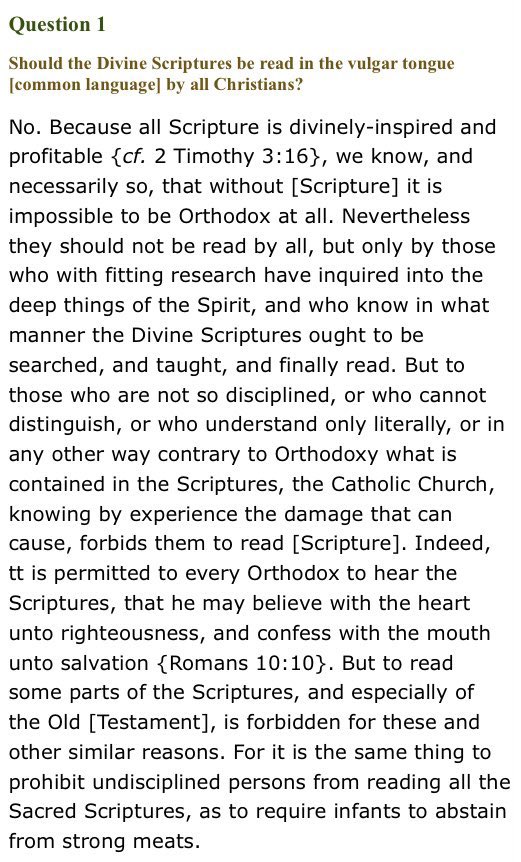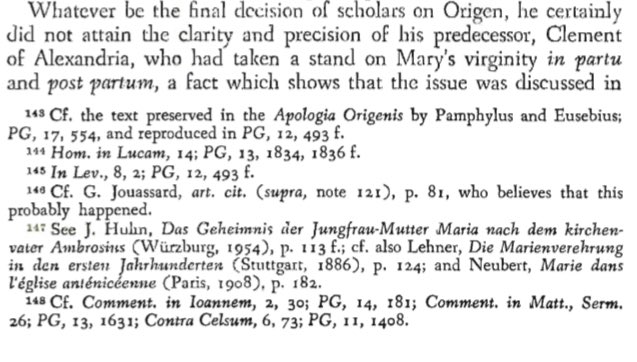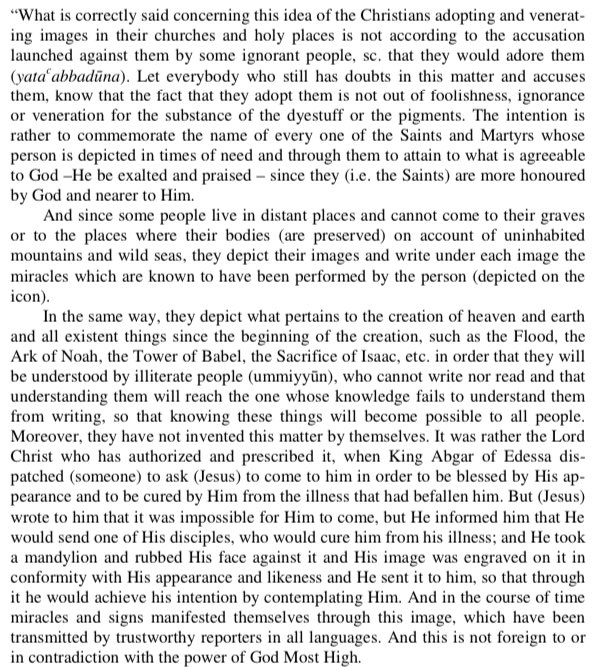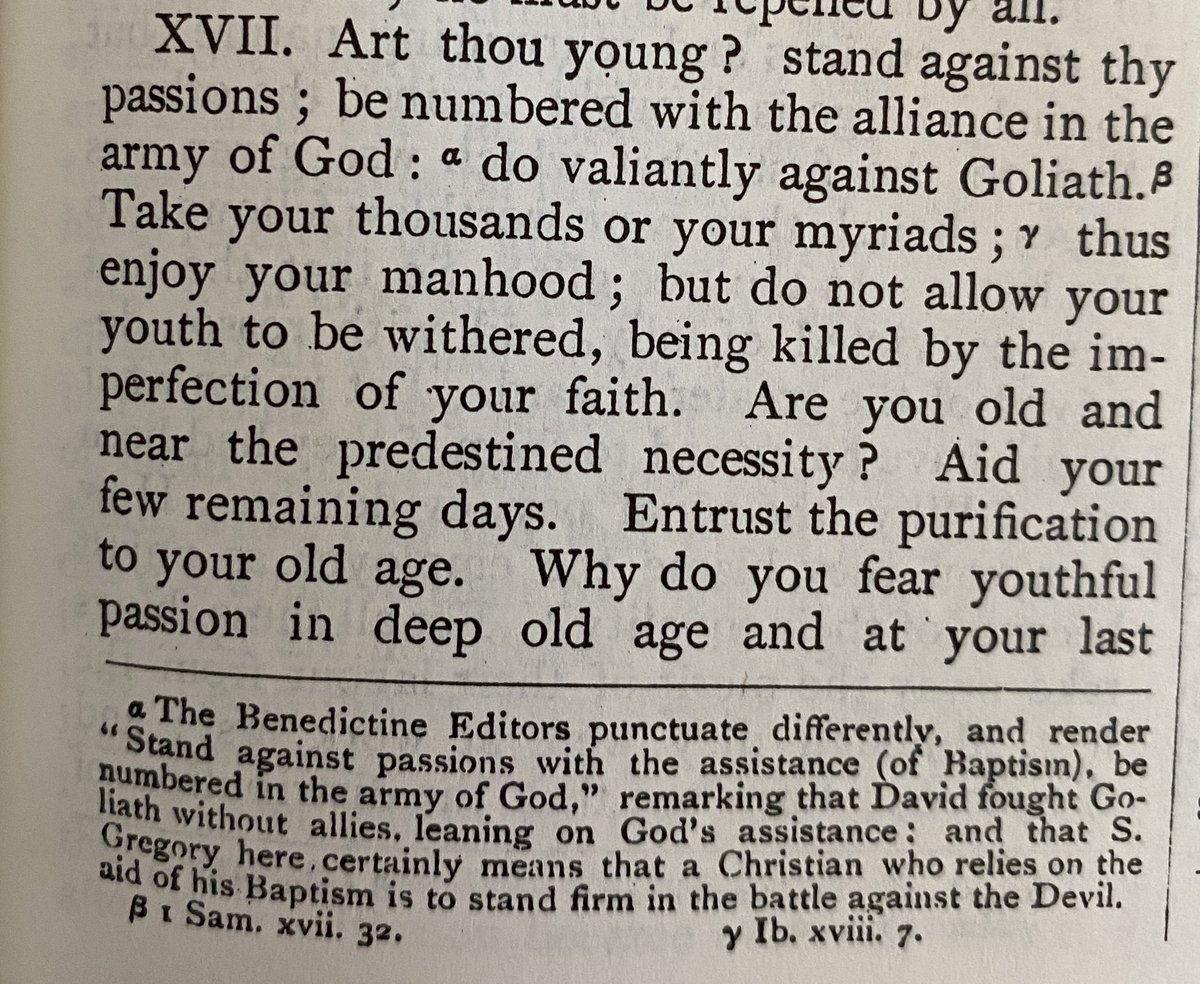
Memento Mori. Admirer of liturgy and *patrology*. Localism/ruralism. Christian Englishman. White Anglo-Saxon Protestant.
How to get URL link on X (Twitter) App





https://twitter.com/patrologyvotary/status/1528481143296770049…as we have them today were


https://twitter.com/OpStCyprian/status/15593200409309593712/4

https://twitter.com/opstcyprian/status/1558882210564001799
 Clement of Alexandria:
Clement of Alexandria: https://twitter.com/patrologyvotary/status/1540692728131923969

https://twitter.com/Cal_Crucis/status/1539302945157783554I have deliberately limited myself to very specific examples.


https://twitter.com/ferrismattic/status/1532408841547177985Prolegomenon: the issue of delaying baptism until one’s death bed was an issue that arose in the 4th century and was rigorously opposed by the clergy; it was not the positive preaching of the church to do this, but rather an impulse in certain circles because it was believed…

https://twitter.com/potamopotos/status/1506686503128338438The entire premise of my response was precisely the opposite of making Augustine war against himself, which is what you do if you claim that he rejected the cult of the saints.


https://twitter.com/potamopotos/status/1505207961098014721Augustine is, rightly, reserving divine worship for God alone.

